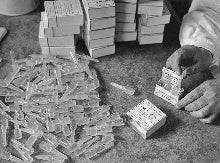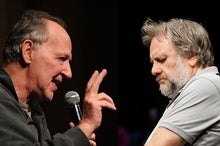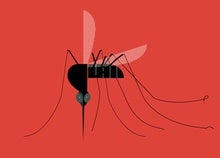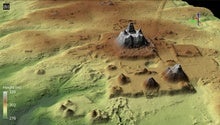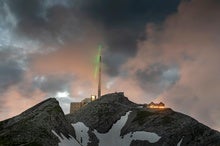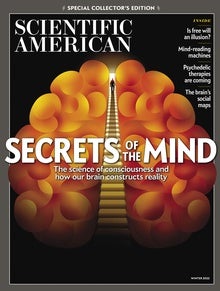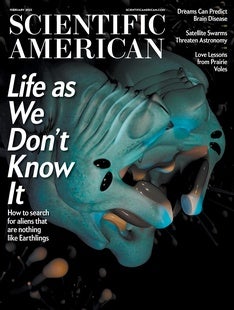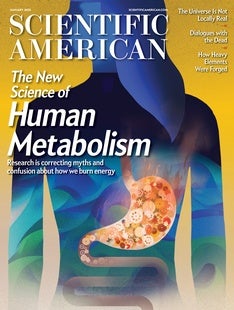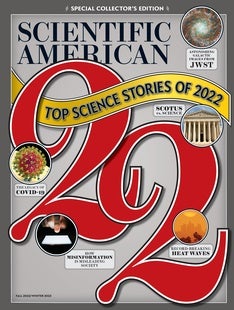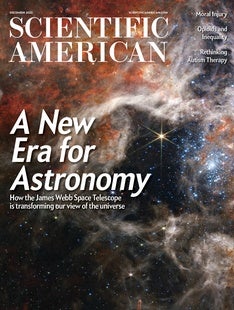 |
| January 20, 2023 |
 |
| |
| |
| |
| |
| Climate Change Exxon's Own Models Predicted Global Warming--It Ignored Them Scientists working for the oil giant Exxon in the 1970s and 1980s estimated temperature increases with remarkable accuracy. Those findings could now be used as evidence in climate litigation | | By Chelsea Harvey,Lesley Clark,Benjamin Storrow,E&E News | | | |
| |
| |
| |
| |
| Materials Science Ancient Roman Concrete Has 'Self-Healing' Capabilities Mineral deposits called “lime clasts” found in ancient Roman concrete give the material self-healing capabilities that could help engineers develop more resilient modern concrete and reduce its associated emissions | | By Daniel Cusick,E&E News | | | |
| |
| Fossil Fuels Why Capturing Methane Is So Difficult Oil and gas facilities will soon be charged for releasing methane, but technologies to capture the potent greenhouse gas are still relatively new and untested | | | | |
| |
FROM THE STORE
 | | | |
BRING SCIENCE HOME
 | | Build a Cardboard Scissor Lift | 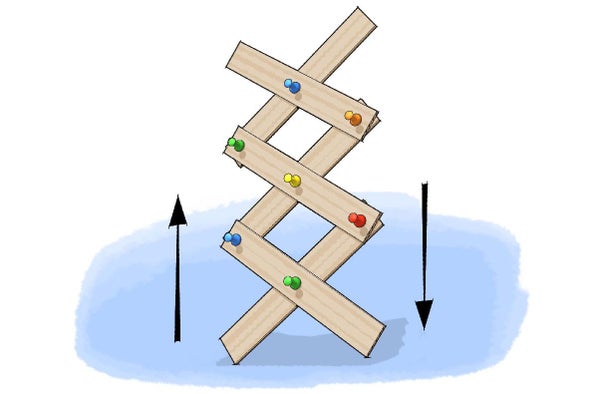 A scissor lift uses an accordionlike motion to contract and stretch out, allowing it to both fold compactly and extend much beyond its original length. Credit: George Retseck | Have you ever wanted to reach something way up high on a shelf? Or have you ever watched construction workers who need to reach up a tall utility pole? A scissor lift is a device that can extend to a great length but also fold up very compactly. In this project you will build your own scissor lift from common household materials! | |  | |
LATEST ISSUES
 |
| |
| Questions? Comments?  | |
| Download the Scientific American App |
| |
| |


